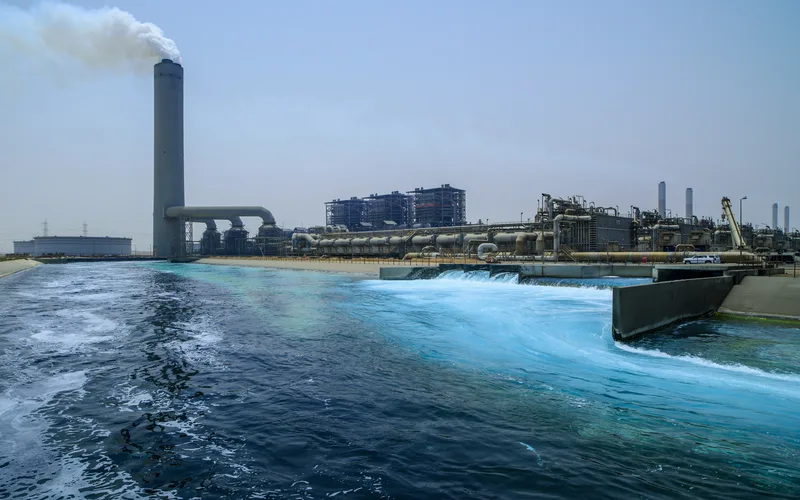The announcement was made on Thursday by Cheikh Tidiane Dièye, the Minister in charge of Water, speaking to AFP.
This is the first significant foreign contract that the new authorities have publicly declared void since President Bassirou Diomaye Faye’s victory in the March presidential election.
The government has expressed its intention to reassess existing agreements, particularly in the mining, oil, and gas sectors, to ensure they serve national interests and comply with regulations.
The public-private partnership contract between Senegal’s National Water Company (Sones) and the Saudi group Acwa Power was signed in late March, during the final days of Macky Sall’s presidency.
Sall, frequently accused by Diomaye Faye’s supporters of compromising Senegalese interests abroad, had hailed the deal as one of the country’s most significant private investments.
Acwa Power was to invest 459 billion CFA francs in the construction and operation of Senegal’s second seawater desalination plant, with the state purchasing the produced water.
“This project does not align with the government’s strategic options. We have decided not to pursue it,” stated the minister in a message to AFP.
The plant, planned near Lac Rose, east of Dakar and close to the Atlantic coast, was expected to produce 400,000 cubic meters of water per day.
This would have helped meet the growing demand, especially in the capital, where some districts still experience water shortages.
Dakar, with its significant population growth, houses a fifth of Senegal’s 18 million inhabitants and nearly all economic activities within just 0.3% of the country’s territory.
“I told Acwa Power representatives that we do not agree with the terms of this contract, which does not align with our national interests,” the minister said on Wednesday evening on the private television channel 2S.
The agreement would have required Senegal to pay between 20 to 40 billion CFA francs annually for the water. “In three or four years, we will need more than 400,000 cubic meters per day due to the increasing population of Dakar.
The cost of water might rise because of the technology used, and the planned environmental studies have not been conducted,” he explained.
He criticized the project as “a short-term solution that is expensive.”
State legal experts are currently examining potential legal repercussions of the contract’s termination, but “the construction of the plant has not yet started, so there cannot be any damage,” he added.




